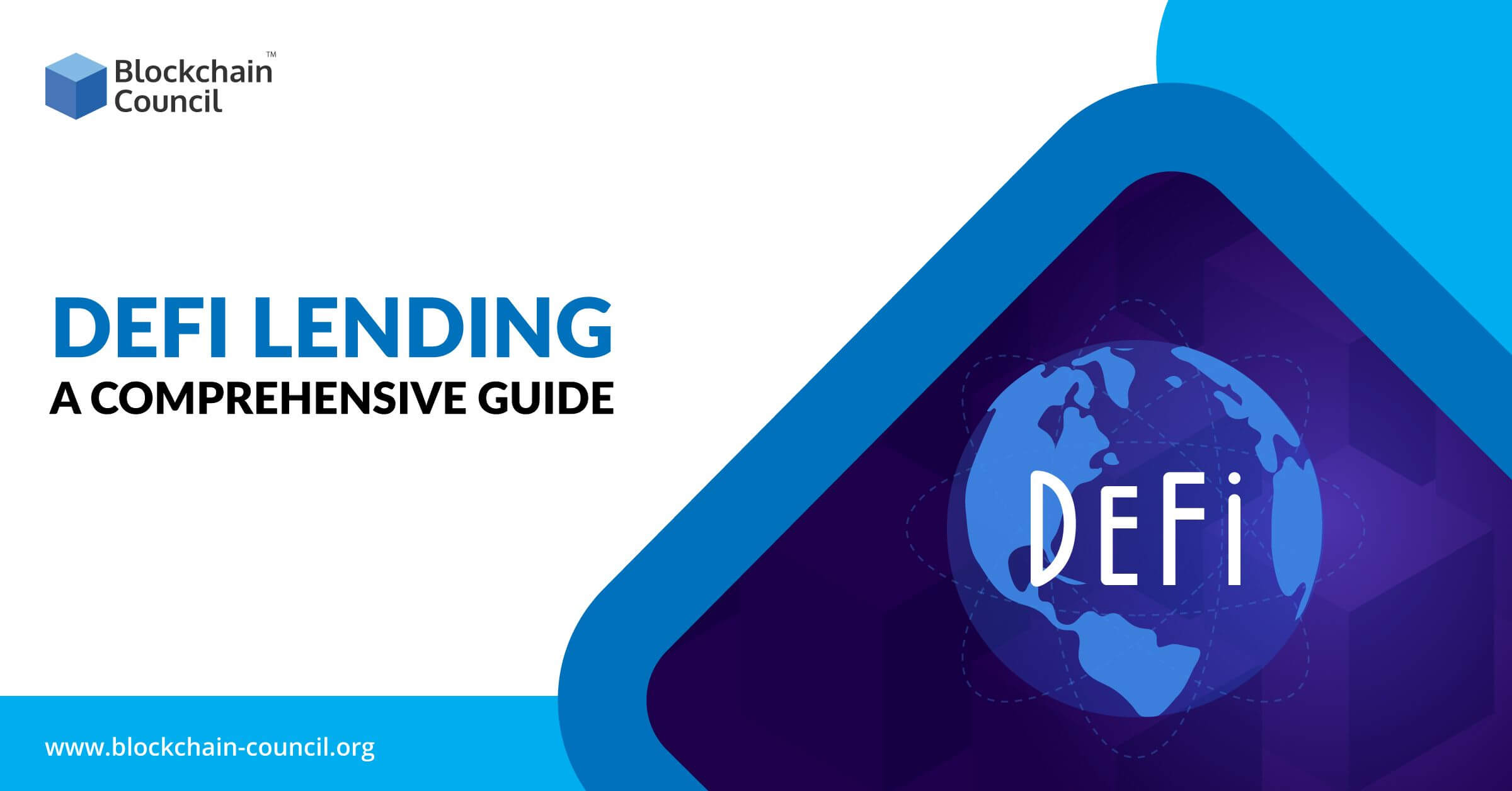
- Blockchain Council
- June 05, 2023
Decentralized finance (DeFi) emerged as a groundbreaking trend, revolutionizing how we think about traditional financial systems. With its potential to democratize access to financial services, DeFi captured the attention and imagination of the younger generation.
A Good Investment Solution for the Younger Generation
For the younger ones with varied financial needs, DeFi offers many benefits for young investors.
Financial inclusion for the unbanked
DeFi enables financial inclusion by providing financial access for the unbanked and underbanked populations. While many may think the younger generation is financially inclined, a considerable percentage remains without a bank account.
According to the World Bank, about 1.4 billion people remain unbanked, with limited or no access to traditional banking services. A study by the Global Findex Database showed that 30 percent of unbanked individuals are under 25.
This gap is addressed by DeFi protocols, which allow users to access financial services with a smartphone and the internet.
Earning passive income
Of those with investments, many are open to exploring opportunities beyond traditional investments as they want to supplement their current earnings. One study found that 36 percent of Gen Xers are doing side hustles. Gen Zers and Millennials also comprise 59 percent and 61 percent of the side-gig population.
This is where the concept of DeFi protocols comes in. It allows young individuals to earn passive income through liquidity provision, staking, and yield farming.
Pioneering investment opportunities
DeFi opens up novel investment opportunities for young investors, allowing them to participate in early-stage projects and decentralized applications (dApps). A report by ConsenSys highlighted that decentralized exchanges (DEXs) experienced significant growth in trading volume. It reached over $335 billion in Q2 of 2021, showcasing the younger generation’s interest in exploring these decentralized investment avenues.
Ownership of digital assets
DeFi enables individuals to have true ownership and control over their digital assets. Self-custody wallets and decentralized applications allow young individuals to securely store, manage, and transact their investments without third-party custodians. This ownership provides greater autonomy and reduces the risk of asset seizure or censorship.
Notably, non-fungible tokens (NFTs) have gained substantial popularity among young individuals. It offers a new paradigm for artists, content creators, and collectors to establish a direct relationship with their audience. Several teen artists have made a name for themselves in the NFT market with their art.
Through these digital assets, they successfully earned substantial amounts of money. One project can earn them as much as $4 million, enough to attract recognition from prestigious auction houses. They can harness the power of blockchain technology to generate impressive artistic creations and significant financial gains.
Community governance and participation
Community governance in DeFi refers to the collective decision-making process. Token holders can influence the development, decision-making, and management of a decentralized protocol or platform.
Traditional financial systems often have centralized decision-making processes, which can be exclusive to large account holders. DeFi protocols often implement decentralized governance models that allow token holders to participate in important decisions.
Through community governance, the younger generation can directly influence the development roadmap, propose and vote on protocol upgrades, suggest improvements, and voice concerns. Their active participation allows them to make a tangible impact on the projects they support and shape the future direction of the DeFi ecosystem. This setup gives them a sense of ownership and the ability to influence the projects they believe in, contributing to a more inclusive and transparent financial ecosystem.
Furthermore, community governance exposes the younger generation to real-world decision-making processes. They gain insights into the intricacies of protocol governance, consensus-building, voting mechanisms, and the challenges faced by decentralized communities. This hands-on experience fosters learning, skill development, and a deeper understanding of blockchain technology and decentralized systems.
Education and skill development
Speaking of skill development, several online courses, resources, and communities have emerged to empower young individuals to navigate the DeFi space safely. There’s a growing demand for DeFi certifications, mainly among the young. This demand is primarily due to the ever-increasing market size of this aspect of the financial industry.
Challenges and Risks of DeFi
While DeFi presents immense opportunities, it is essential to acknowledge the associated challenges and risks. Smart contract vulnerabilities, market volatility, and potential scams pose user risks. A report by CipherTrace highlighted that DeFi-related fraud and theft reached $474 million in the first half of 2021 alone. As such, young individuals must approach DeFi with caution and practice responsible participation.
Learn and Invest in DeFi
DeFi can empower the younger generation to achieve financial freedom and reshape the traditional economic landscape. It’s evident that DeFi enables financial inclusion, provides opportunities for passive income, and offers pioneering investment avenues for young investors. The ownership of digital assets through NFTs and active community governance further enhances the younger generation’s engagement in DeFi ecosystems.
However, one must acknowledge the risks and challenges associated with DeFi. Organizations like the Young and the Invested participate in educating young individuals to navigate the financial space responsibly. Through these organizations, the younger generation can harness the potential of DeFi to build a more inclusive and decentralized financial future.
One must embrace DeFi with knowledge and responsible participation to unlock the benefits of financial freedom. With it, they can actively contribute to the ongoing transformation of the global financial ecosystem.





































































 Guides
Guides News
News Blockchain
Blockchain Cryptocurrency
& Digital Assets
Cryptocurrency
& Digital Assets Web3
Web3 Metaverse & NFTs
Metaverse & NFTs
